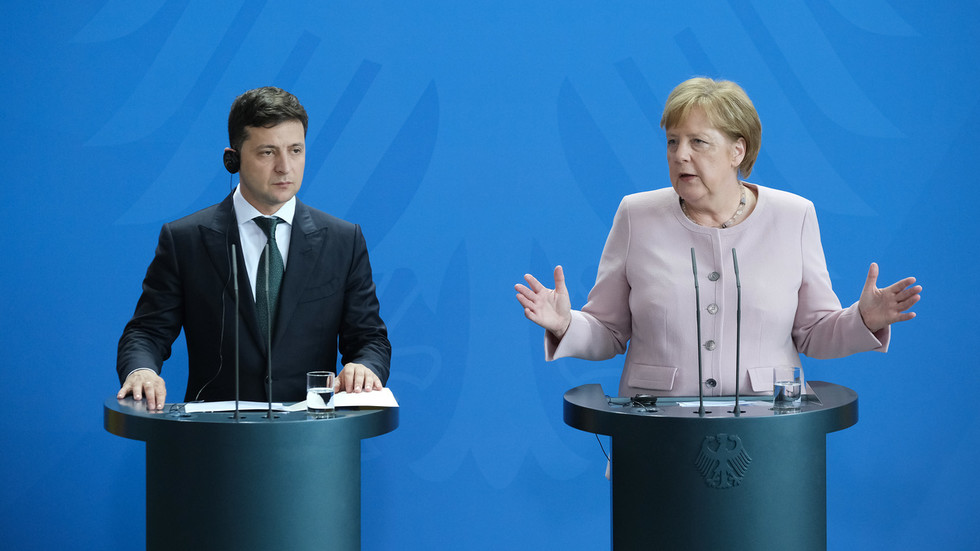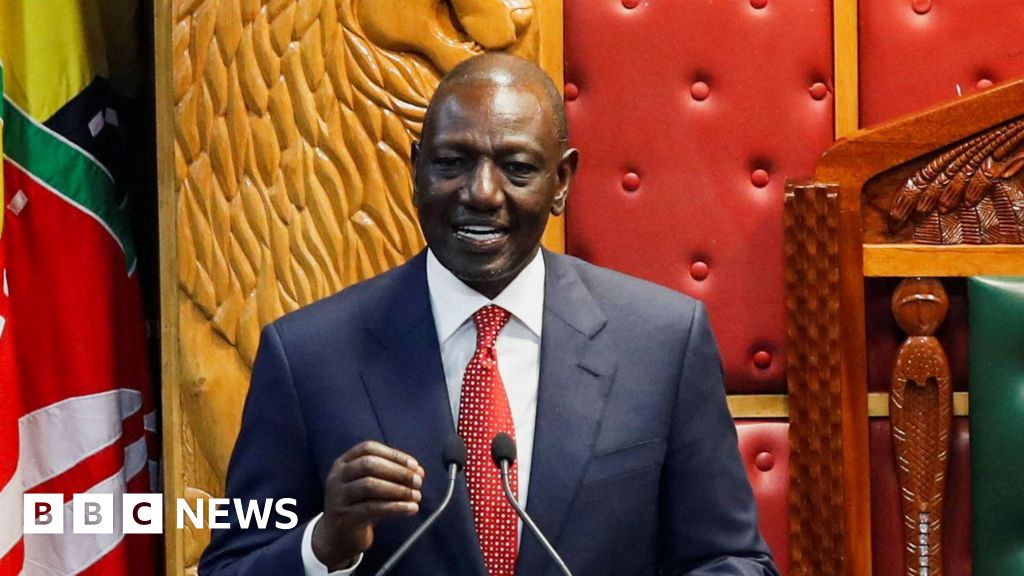The National Health Insurance Act takes aim at South Africa’s two-tier health system.
Published On 15 May 2024
South African President Cyril Ramaphosa has signed into law a bill that aims to provide universal health coverage.
The president on Wednesday hailed the law as a major step towards a more just society two weeks before an election that is expected to be fiercely competitive.
“The provision of healthcare in this country is fragmented, unsustainable and unacceptable,” he said at the signing ceremony at the Union Buildings, the seat of government in Pretoria.
“For those who would like to see (their) privileges continuing, sorry, you are on the wrong boat. The boat we are on is about equality,” he said.
The National Health Insurance (NHI) Act takes aim at a two-tier health system, in which a publicly funded sector that serves 84 percent of the population is overburdened and run-down while some people have access to better treatment through private insurance.
The legislation will gradually limit the role of private insurance, create a new public fund to provide free access for South African citizens, and set the fees and prices that private doctors and healthcare suppliers may charge for NHI-funded benefits.
Critics said the plan will drain already stretched public finances, limit patient choice, undermine the quality of care and drive talented doctors out of the country.
Opponents have promised to challenge it in court and described it as a ploy for votes – which the presidency denied – before the election.
The May 29 elections are expected to be one of the country’s most highly contested. Ramaphosa’s governing African National Congress (ANC) faces the possibility of receiving less than 50 percent of the vote for the first time since it came into power in 1994.
Concerns have also been raised about the affordability of the law and possible tax increases to fund it.
The official opposition Democratic Alliance said Wednesday that it would legally challenge the new law.
The civil society group AfriForum has also announced plans to challenge the constitutionality of the law while some business forums have described it as unworkable and unaffordable.
The Health Funders Association (HFA), an organisation representing stakeholders involved in funding private healthcare, said it would take significant time before the plan comes into effect.
“There will be no immediate impact on medical scheme benefits and contributions nor any tax changes. The HFA is well prepared to defend the rights of medical scheme members and all South Africans to choose privately funded healthcare where necessary,” spokesman Craig Comrie said.
Others welcomed the law.
The NEHAWU labour union, part of the country’s COSATU federation, which is in an alliance with the ANC, urged Ramaphosa and the Treasury to put their full political weight behind the NHI to ensure it is properly resourced.

 6 months ago
25
6 months ago
25








